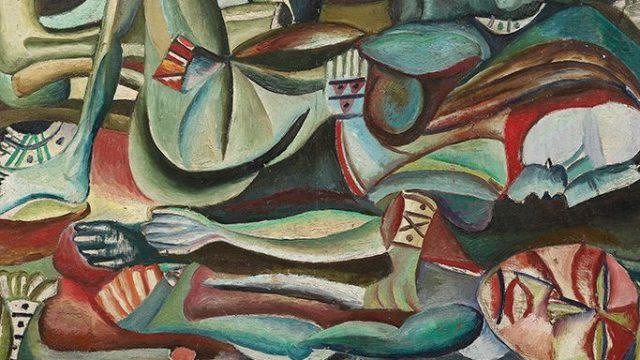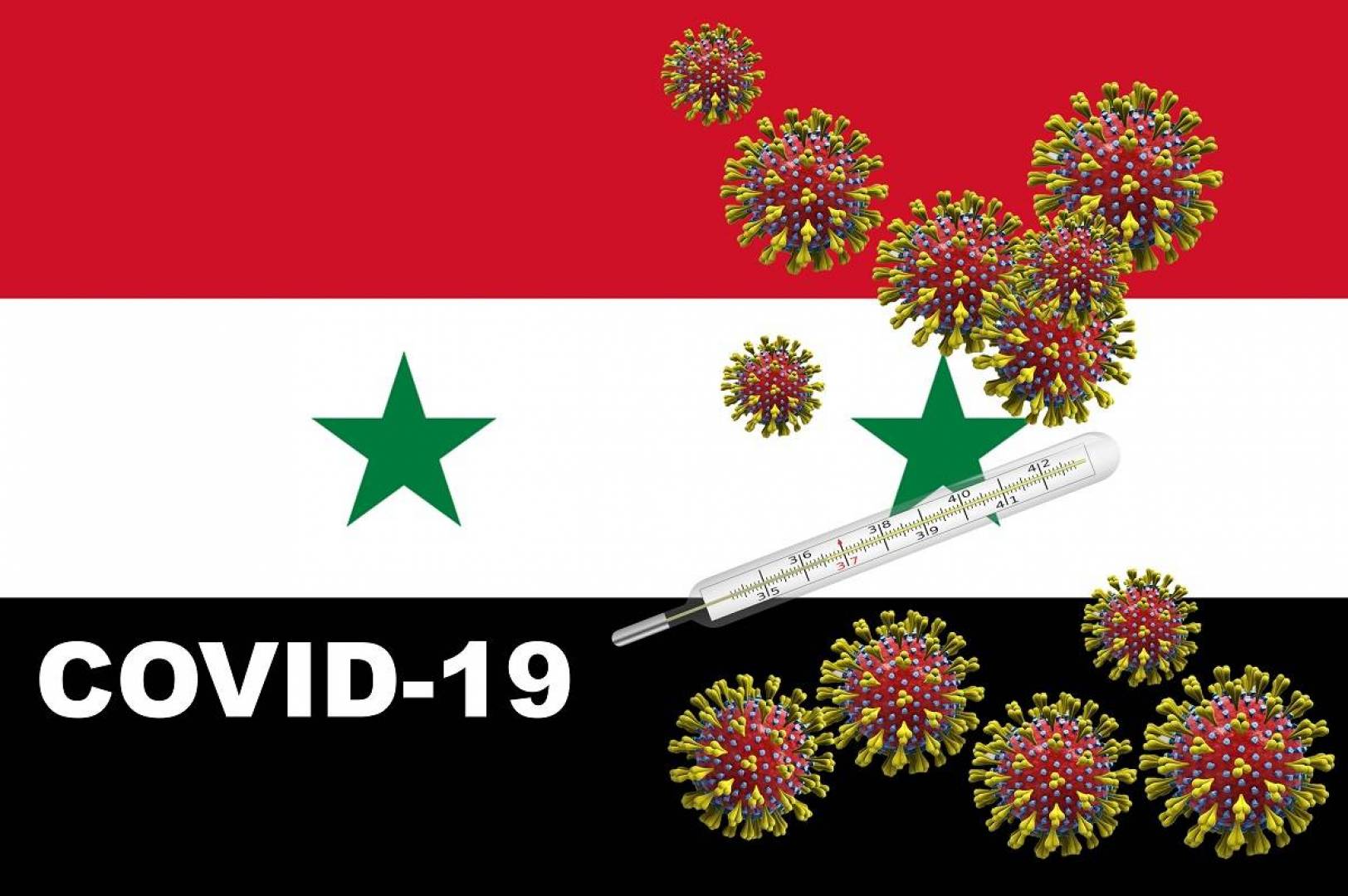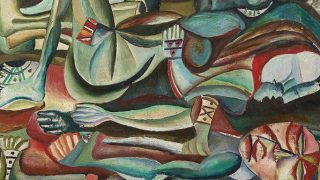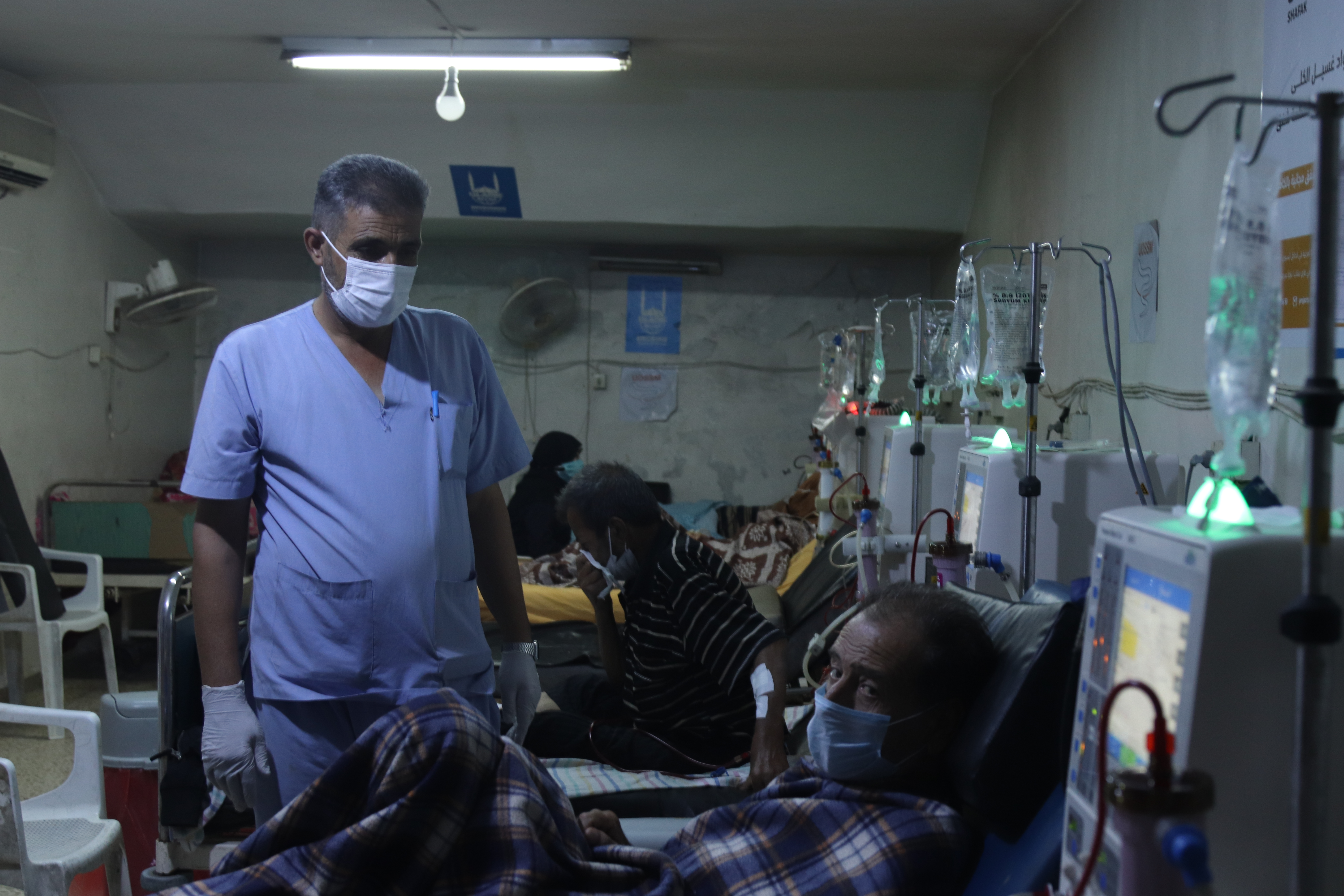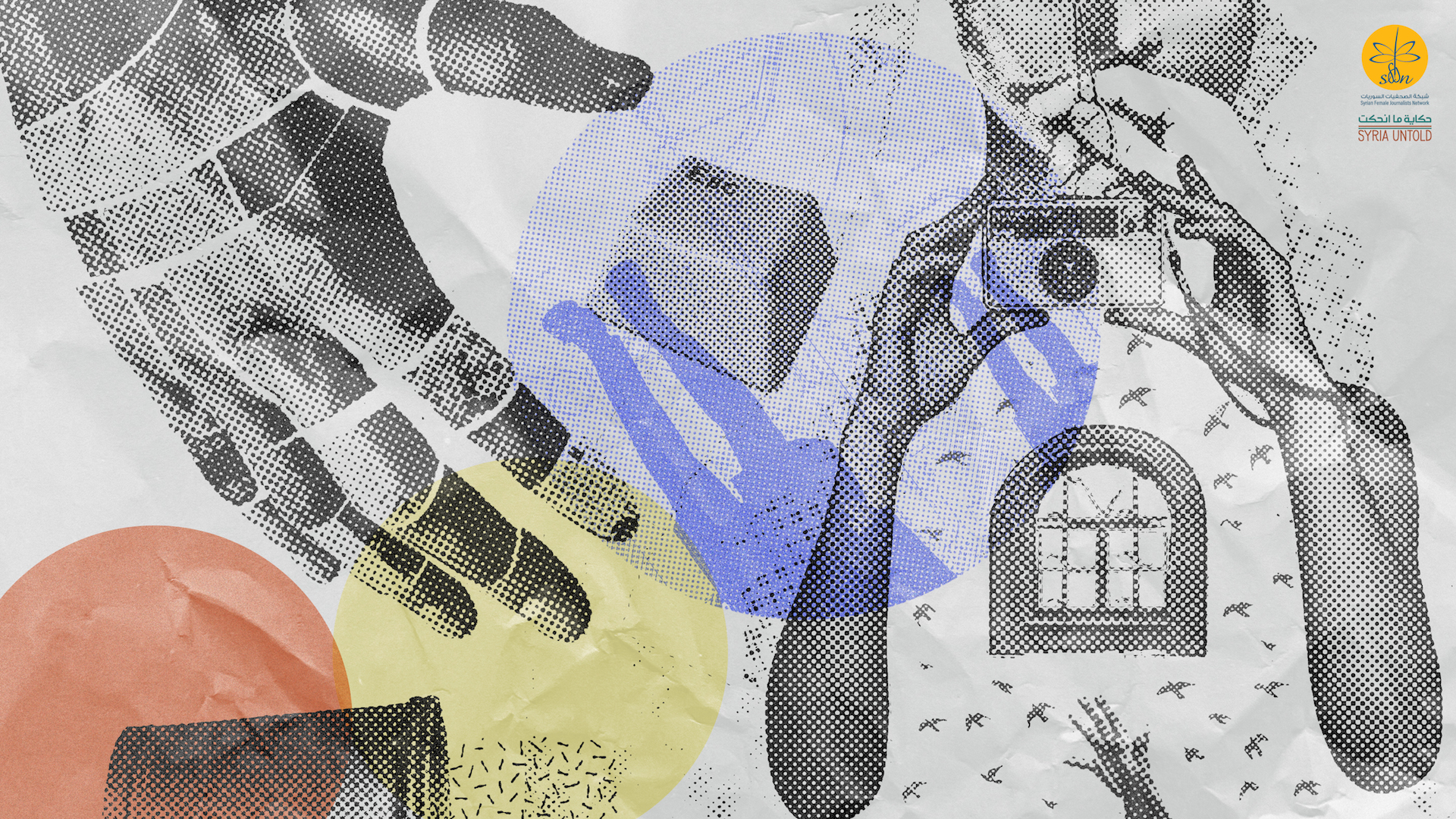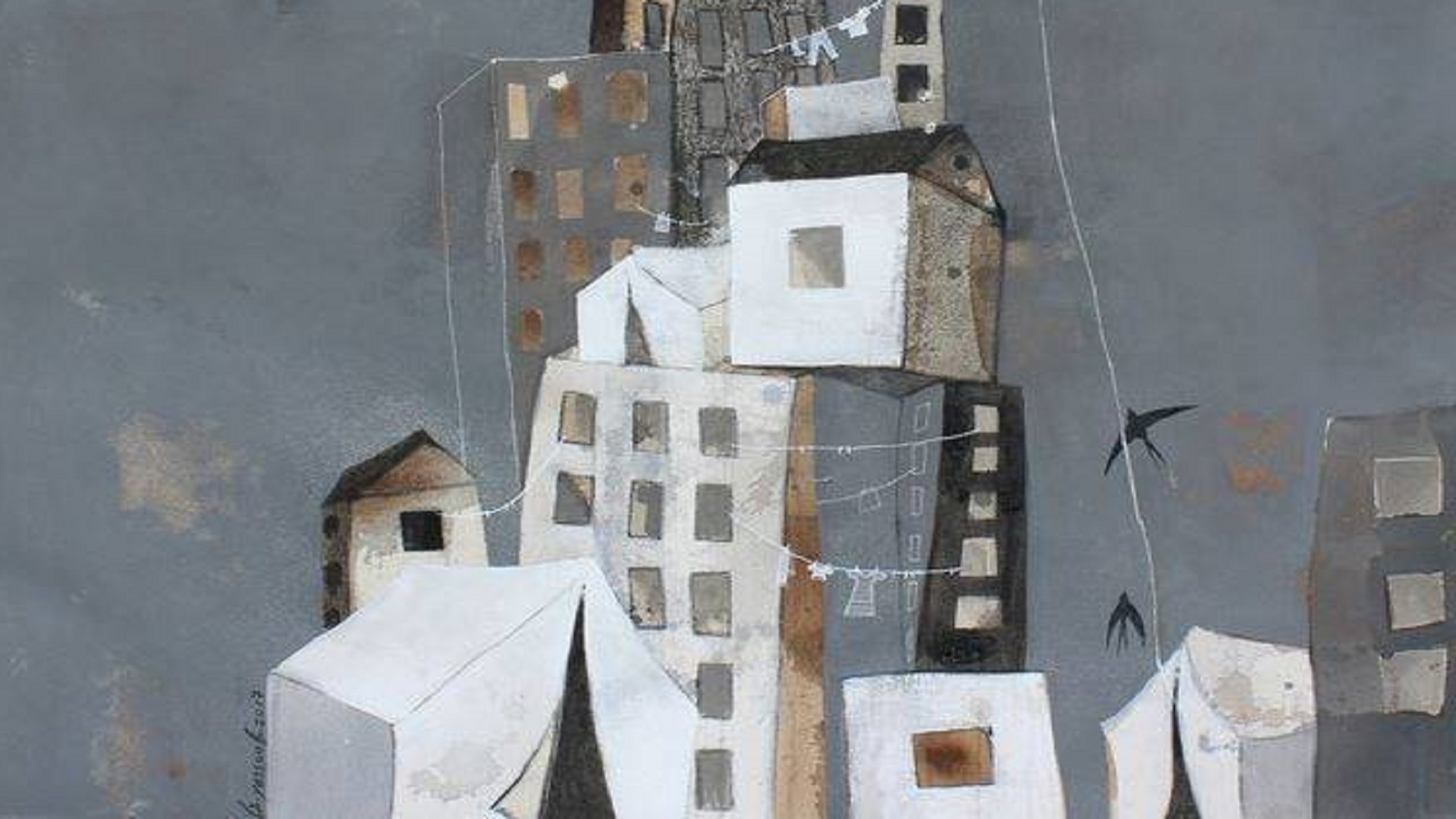The Rev. Edoardo Tamer, who ministered to Syrians in war, dies at 83 (The New York Times)
Death notices and black market oxygen tanks: COVID-19 in Damascus
10 September 2020
COVID-19 on the Syrian coast
28 March 2020
“As fighting in the civil war in Syria tore through neighborhoods in the city of Aleppo, the Roman Catholic authorities offered the Rev. Edoardo Tamer, a Franciscan friar who had lived in a monastery there for many years, a chance to get out for his own safety.
He declined.
‘He said, ‘I will live here and I will die here if that is what happens,’’ said the Rev. Firas Lutfi, the Franciscan regional minister for Syria, Lebanon and Jordan. ‘He decided to stay in Aleppo during this very critical situation.’”
I survived Assad’s torture—here’s why I’m a proud advocate of the Caesar Act (Atlantic Council)
“I wanted to write this to share some of my story as a proud advocate of the Caesar Act. I was detained in 2012 as a minor merely for peacefully asking for freedom alongside my cousins Bashir, Rashad, and Nour in our home province of Tartus. Under torture, we were forced to give false confessions that we carried weapons and had killed officers with them, even though we never did.”
Syria introduces limits on subsidised bread as economic crisis bites (The Guardian)
“The Syrian government has introduced rules limiting the amount of subsidised bread available per person at bakeries, putting larger families at risk of starvation as the country’s crippling economic crisis deepens.
Under a recent government order, a household of two is entitled to just one packet of bread a day; a family of four two packets; and a family of six to three packets. Families of seven or more people, however, are limited to four packets of bread, no matter how many are in the house.”
How the Arab world turned against Hezbollah (Prospect)
“For many people across the Middle East, Hezbollah fighting on the side of the Assad regime—which stands credibly charged with war crimes, including chemical weapons attacks—has disrupted its cultivated image as a ‘resistance’ defying Israel.
Before the war, many Syrians had accepted this portrayal. Some, who weren’t politically interested, did so passively. Others more positively embraced Hezbollah as an anti-Israel force. Thirty-five-year-old Ghaith al-Hallak, who spoke to me from northern Italy where he fled after being conscripted into the Syrian army, said he remembers how pictures of Hezbollah’s leaders were ubiquitous in Syria during his childhood.”
Criminal complaint submitted to German court over sarin gas attacks in Syria (The Guardian)
“A group of NGOs has submitted a criminal complaint to the German courts over sarin gas attacks in Syria, a legal milestone which marks the first step on the long road to holding Bashar al-Assad’s regime accountable for its use of chemical weapons.
The Justice Initiative, the Syrian Center for Media and Freedom of Expression and the Syrian Archive submitted the filing and dossier of evidence to the German federal public prosecutor in Karlsruhe on behalf of victims on Monday.”


